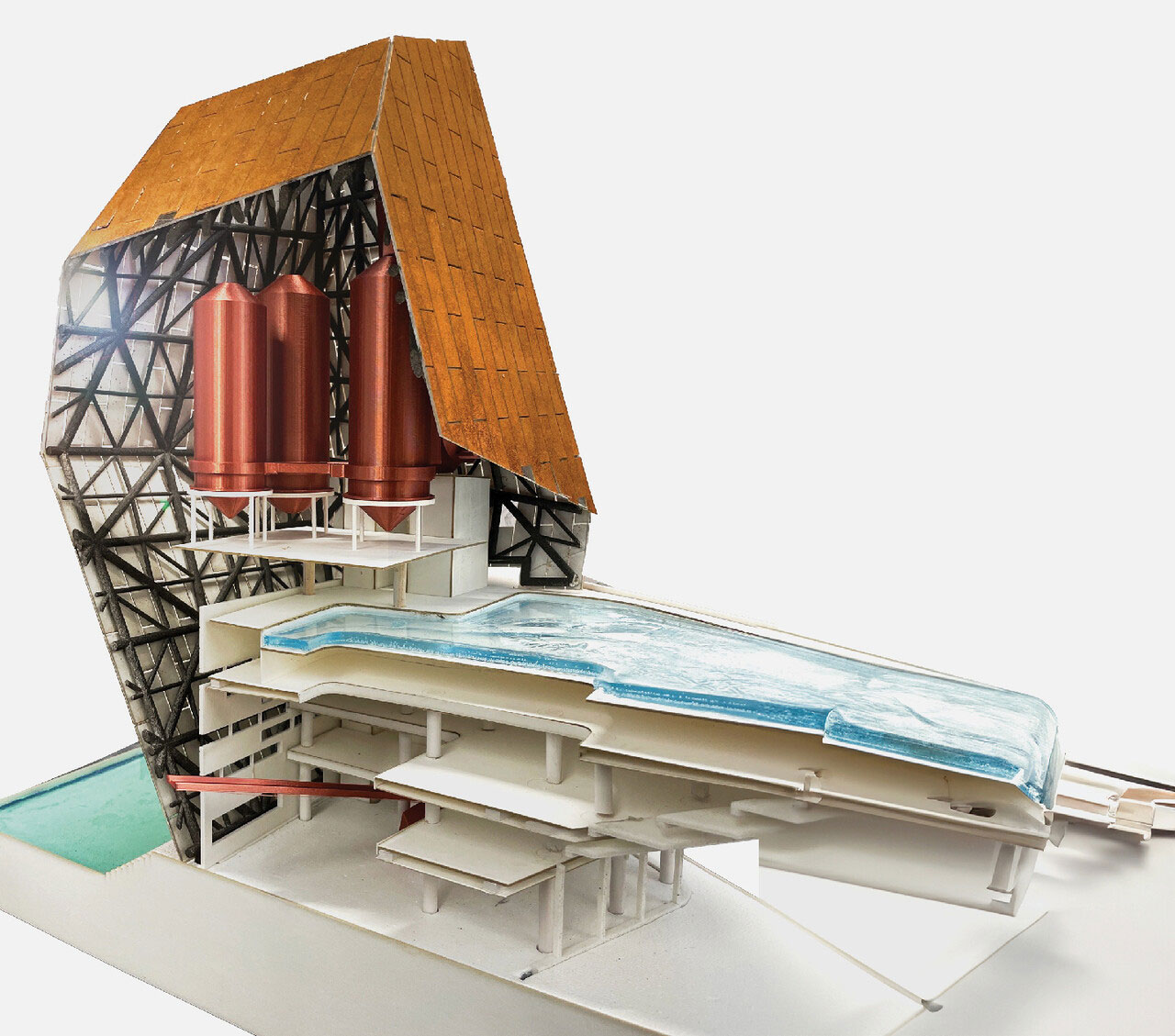OPEN CALL: Applications 2024: Pratt Institute Graduate Architecture and Landscape Architecture
 Applications to Pratt’s MArch, MLA, MSArch, & MSUD programs are now open for fall 2024. The priority deadline is January 5, 2024. Further details on how to apply can be found here.
Applications to Pratt’s MArch, MLA, MSArch, & MSUD programs are now open for fall 2024. The priority deadline is January 5, 2024. Further details on how to apply can be found here.
To learn more about the programs and application requirements, we invite you to join our virtual information session on Wednesday, November 29, 2023 from 6–7:30pm EST. This session will include an overview of the programs, program breakout sessions, and Q&A. RSVP here or above to attend.
The Pratt’s MArch, MLA, MSArch, & MSUD programs are dedicated to the pursuit of design inquiry across complex and evolving fields of study. Our goal is to cultivate our students’ ability to ask challenging questions that deepen their understanding of building and living environments. We train students to become leaders in the professional practice of architecture with innovative methods of design research and inquiry in the context of social and environmental challenges. Together, we work across design practices, professions, and disciplines to meet the challenges and opportunities of our times. Operating at the juncture of architecture, landscape, and urban practices, our programs share a common mission to bridge the design of living and building environments.
The MArch curriculum embraces an integrative approach to design that weaves together technical knowledge and creative practice, building science and environmental stewardship, and professional responsibility and equity. We actively engage the pressing climatic and social challenges of our era through rigorous inquiry.
Students earning an MLA degree at Pratt are taught to embrace an inclusive approach to design that bridges culture and nature, ecology and policy, living and built environments. Landscape Architecture is a discipline, a profession, and a practice that informs the environment at every scale. We celebrate this legacy by imagining global education as a collaboration with the soils, plants and waters that sustain species.
The Master of Science in Architecture introduces to contemporary theoretical works around climate change; experiment with cutting-edge methods and fabrication techniques of diverse architectural media; conduct rigorous research of historical, sociological and physical properties of sites; build iterative prototypes of hydrological, energetic, horticultural, metabolic, luminous, and material systems; and culminate in a publication, an exhibition and a work-in-progress building project.
The Master of Science in Urban Design teaches students how to harness the space between oversized architectures and undersized territories in increasingly more densely populated 21st-century cities, and cultivates an understanding of urban design’s central role in addressing climate change and social inequity.
You can sign up to receive emails about upcoming information sessions, GAUD events, application deadlines and more here.
